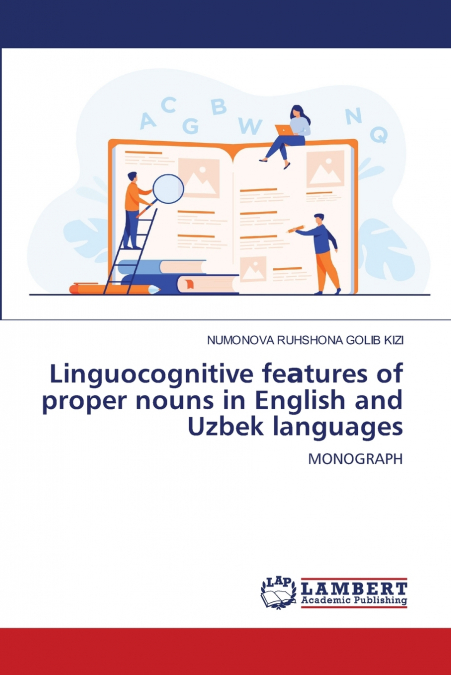
NUMONOVA RUHSHONA GOLIB KIZI
This study explores the linguocognitive features of proper nouns in English and Uzbek, focusing on their semantic, cognitive, and cultural aspects. Proper nouns are not only linguistic units but also reflections of cultural identity, historical background, and societal norms. The research examines the formation, classification, and cognitive processing of proper nouns in both languages, highlighting similarities and differences in their usage. Special attention is given to how proper names encode cultural information and influence perception in different linguistic communities. The study also discusses the role of cognitive linguistics in understanding the conceptual nature of naming conventions.Findings indicate that proper nouns in English and Uzbek share universal cognitive patterns, yet differ in morphological structure, semantic motivation, and sociocultural significance. The study contributes to a deeper understanding of onomastics, cross-linguistic cognition, and cultural linguistics.